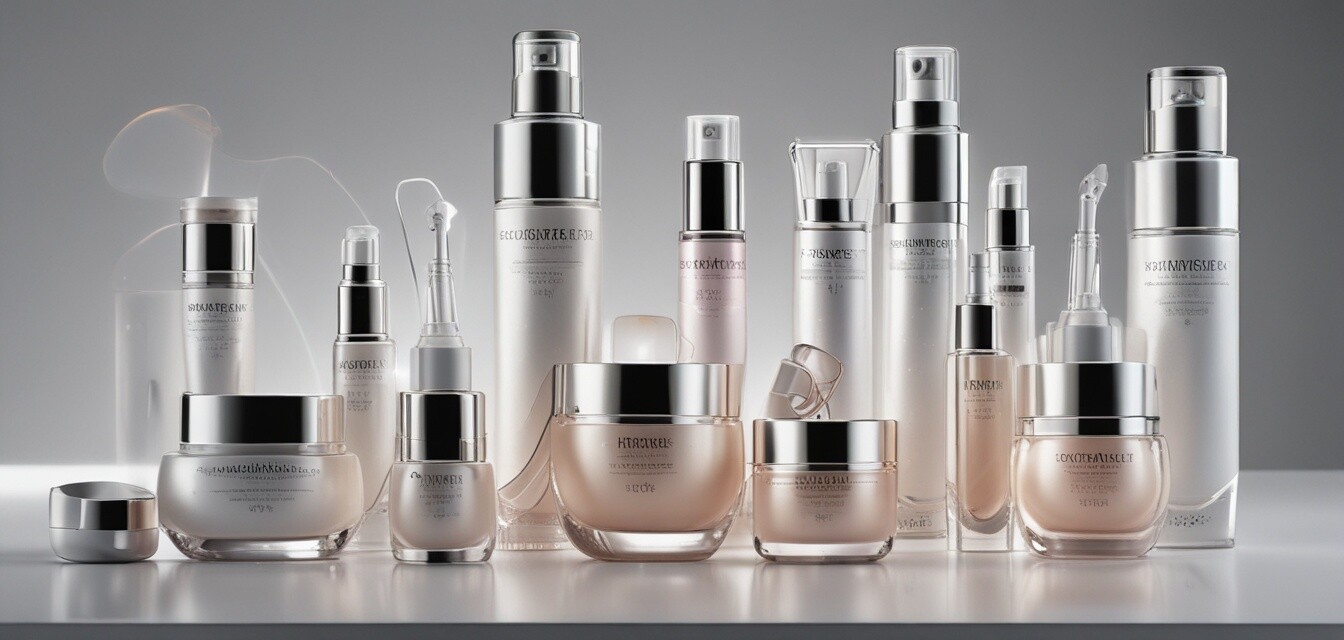
Innovations in Anti-Aging Skincare Technology
Key Takeaways
- Recent advancements in anti-aging technology are changing the skincare landscape.
- Innovations include new serums, devices, and formulations targeting specific skin concerns.
- Staying informed about these technologies can help enhance your skincare routine.
- Understanding the science behind products is crucial for making informed choices.
- Combining natural ingredients with advanced technologies is a growing trend in skincare.
The skincare industry is constantly evolving, with innovations reshaping how we approach anti-aging regimens. As consumers seek effective solutions to combat the signs of aging, technology is playing a significant role in enhancing product performance. This article delves into the recent technological advancements in the realm of anti-aging skincare.
Emerging Technologies in Anti-Aging Skincare
From advanced formulations to cutting-edge devices, the landscape of anti-aging skincare is witnessing tremendous growth. Below are some key innovations currently transforming the market:
| Technology | Description | Examples |
|---|---|---|
| Smart Skincare Devices | Devices that analyze skin conditions and adjust treatments accordingly. | Smart cleansers, facial massagers |
| Nano-Technology | Utilizes small particles to enhance the penetration of active ingredients. | Micro-emulsions in serums |
| Biotechnology | Involves using biological processes to create effective skincare ingredients. | Fermented ingredients, plant stem cells |
| 3D Printing | Creates personalized skincare treatments tailored to specific skin types. | Custom creams and masks |
1. Smart Skincare Devices
Smart skincare devices have garnered attention due to their ability to adapt treatment plans based on real-time skin analysis. These devices utilize sensors to evaluate hydration levels, elasticity, and other vital skin parameters.
2. Nano-Technology
Nano-technology is revolutionizing the way active ingredients are formulated in skincare. By reducing the size of particles, the effectiveness of ingredients is enhanced, allowing for deeper penetration and better results.
3. Biotechnology
Biotechnology continues to transform the skincare market by incorporating natural processes to create high-performance ingredients. Fermentation, for example, enhances the bioavailability of nutrients, thus offering more effective formulations.
4. 3D Printing
This cutting-edge technology allows manufacturers to offer personalized skincare products. By creating formulations tailored to individual skin needs, consumers can achieve more targeted results.
Popular Trends in the Anti-Aging Skincare Industry
As the market for anti-aging products expands, several trends are emerging that highlight consumer preferences and technological advancements:
- Natural Ingredients: Many consumers seek products that include natural and organic ingredients alongside advanced technologies.
- Personalization: The demand for customized skincare solutions is growing, leading to more brands focusing on individualized approaches.
- Clean Beauty: There is a rising interest in products that are free from harmful chemicals and synthetic additives.
Conclusion
As the anti-aging skincare technology segment continues to evolve, it becomes increasingly vital for consumers to stay informed. By understanding emerging technologies and trends, individuals can enhance their beauty regimens effectively. Explore our different categories, including Organic Serums, Herbal Moisturizers, and Tips and Tricks for maximizing your anti-aging solutions.
Tips for Choosing Anti-Aging Products
- Look for products with validated technology and clinical trials.
- Read ingredient labels carefully to understand what you are applying to your skin.
- Consider your skin type and specific concerns when selecting treatments.
- Stay updated on recent innovations and don’t hesitate to try new products.
Pros
- Innovative technologies enhance product effectiveness.
- Personalized treatments lead to better results.
- Increased awareness of ingredients fosters conscious consumerism.
Cons
- Some technologies can be expensive.
- Not all innovations are thoroughly tested for safety.
- Overwhelming choices can confuse consumers.
